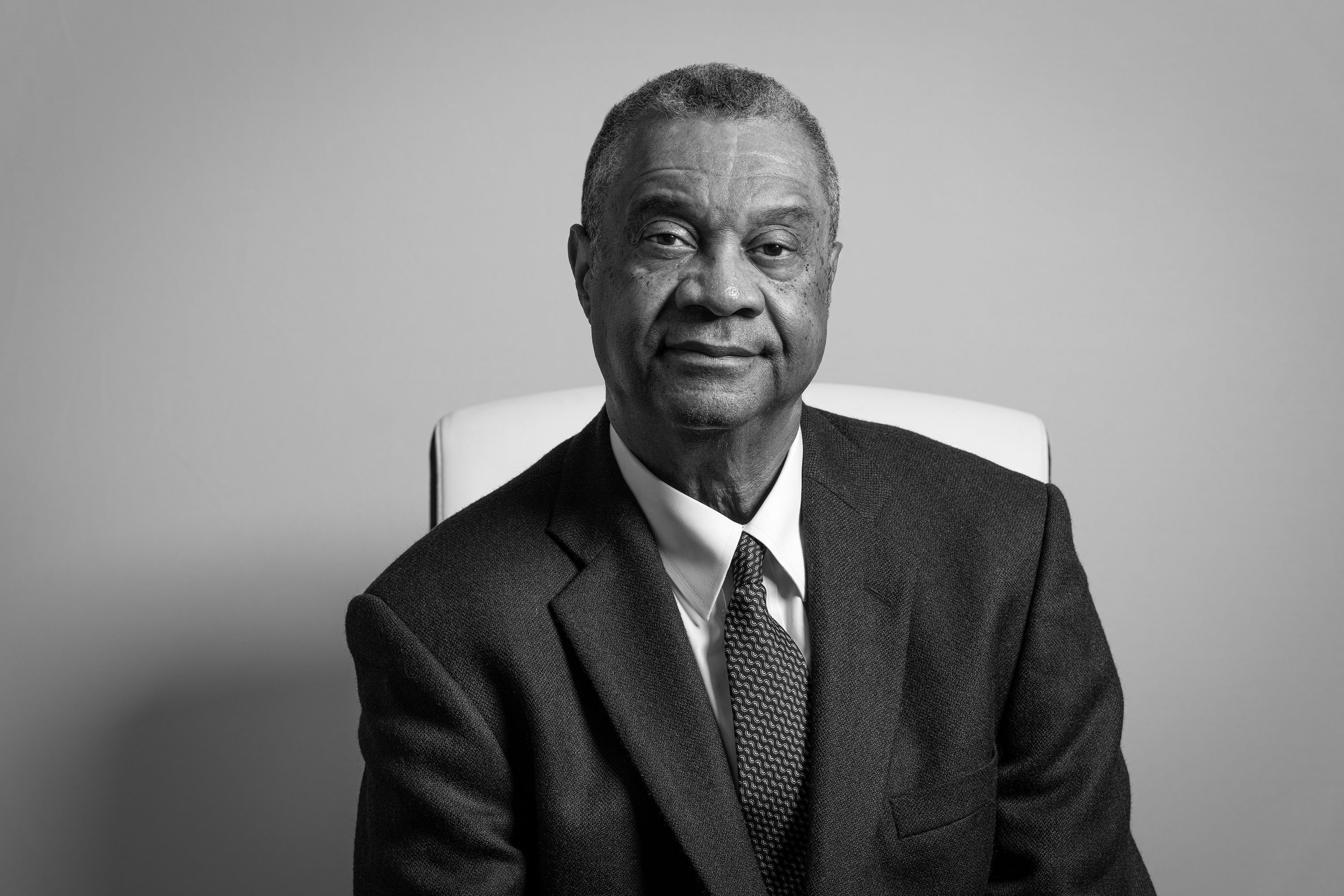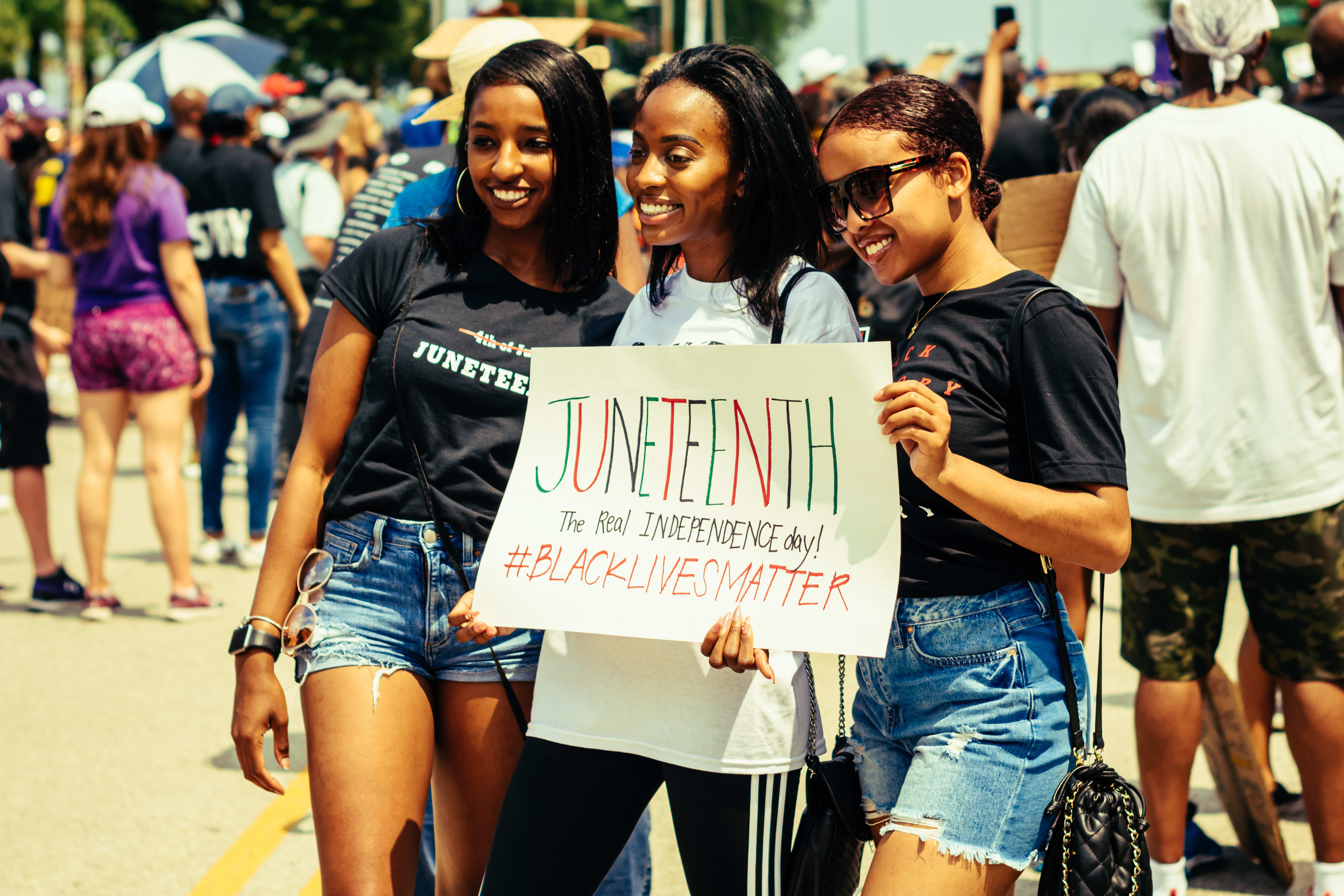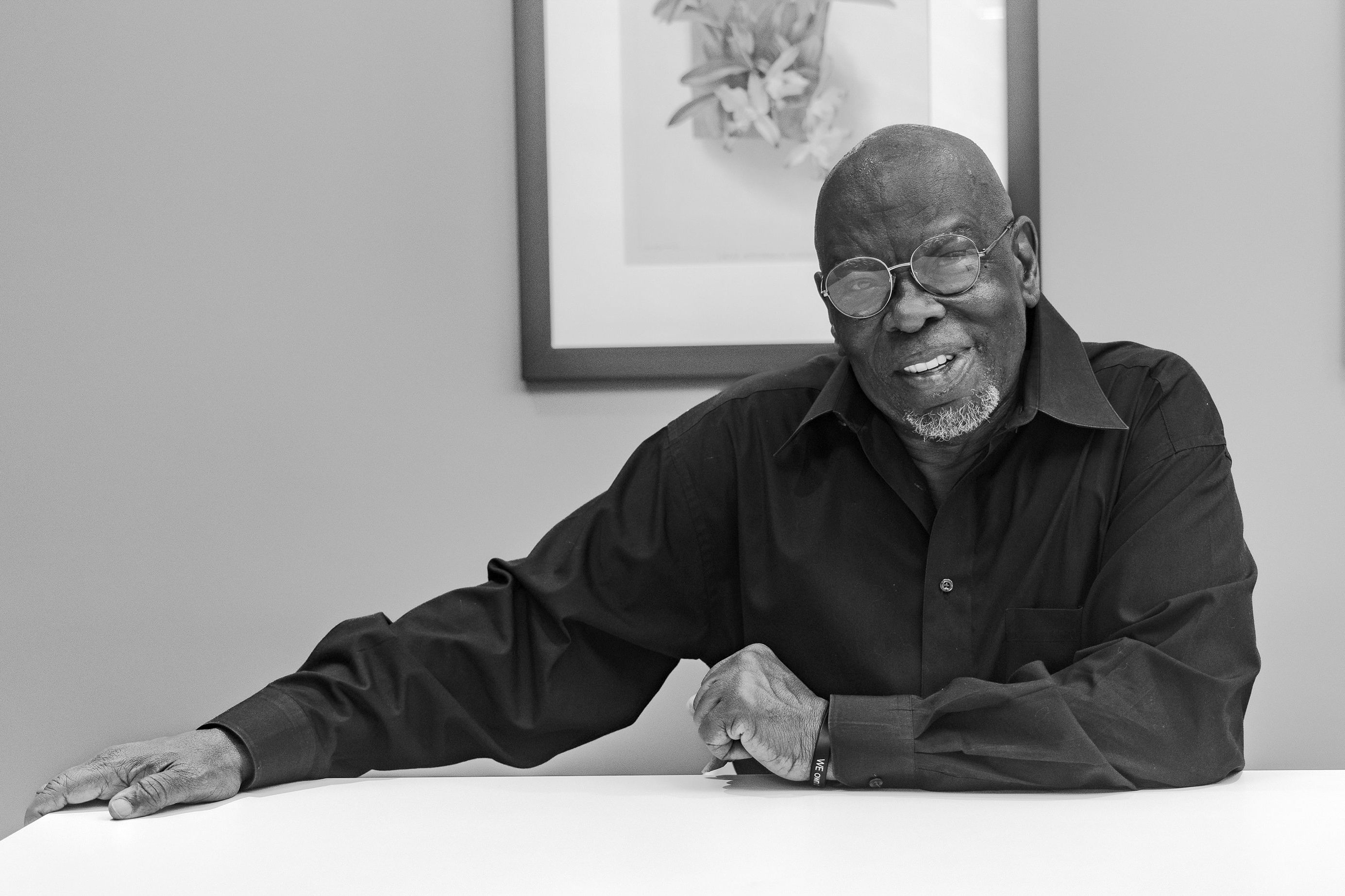Pulitzer Prize-Winning Author Jonathan Eig to Speak in Sarasota on Thursday

Image: Richard Cahan
Journalist and author Jonathan Eig spent six years—the entire pandemic and then some—holed up in his Chicago laundry-room-slash-office writing King: A Life, a 688-page biography of Martin Luther King Jr. It was time well spent.
King was released in May 2023 to almost universal acclaim. The New York Times called it "the new definitive biography of King," "heartstring-pulling and compulsively readable." The Washington Post named it one of its 10 best books of 2023, and former President Barack Obama added it to his list of favorite books of the year, too. The Boston Globe says it "forces readers to view King as more than a martyr, icon or saint." In 2024, Eig was awarded the Pulitzer Prize for biography.
Before Eig, many other biographers had tackled King's life story. But what makes Eig's approach different is how it humanizes a man who looms so large in our collective consciousness. Eig spotlights King's incredible work, but also trains his flashlight on the darker corners of King's life, including his lifelong struggle with depression and his extramarital affairs.
"I thought about that a lot," Eig says of the decisions he chose to make about how to portray King. "The smartest thing I did was also the simplest: 'I'm going to make Martin Luther King seem like a person.' What could be more basic than that? 'I'm going to tell you a story about a human being, and I'm going to describe him as being a human being.' That was the most important decision I made."
Eig, who has also written biographies of Muhammad Ali and Lou Gehrig, will speak in Sarasota on Thursday, March 6, as part of the Boxser Diversity Initiative's Building Bridges Discussion Series. He'll talk about his book, participate in a Q&A session with Circuit Court Judge Charles Williams and audience members, and sign copies. We recently spoke to Eig by phone to learn more. This interview has been edited and condensed for length and clarity.

Image: Courtesy Photo
Did you always want to be a writer?
"I worked on my junior high school newspaper and high school newspaper, and I always liked writing assignments in school better than math or science or multiple choice. I liked having time to think about what I wanted to say.
"I went to college and studied journalism and got a job at a newspaper right out of college. The great thing about working for a newspaper is that you get to write a lot, so you get to practice and try out different writing styles. When you read something and learn tricks from the great writers, you can experiment with them.
"I've been doing the same thing since I was 16 years old, and I still love it as much as I did back then. Now I'm just doing it in book form."
What was the transition from working in journalism to writing books like?
"It happened organically. I was trying to push myself and see what more I could do. I went from writing newspaper stories to feature stories to magazine stories, and I began to wonder what it took to write a book.
"When I was working at The Wall Street Journal, there were a couple times when I'd be working on a story and wonder if the story could become a book. It wasn't really until I had the idea for the Lou Gehrig biography that I decided to try it. Luckily, I landed on a good idea.
"I always tell students and my own kids that if you want to try something, don't wait for somebody to give you permission. Take a shot at it."
What was the research for King like?
"You have to get completely immersed in it. You have to dive into the ocean, ride the wave and see where it kicks you out on the shore when you're done.
"This was six years for me. I remember saying to my kid—who was a freshman in high school when I started—that this was going to take me longer than their entire high school education, and that I'd probably end up learning just as much as them, if not more.
"It's a huge commitment. I work all by myself. Nobody really can begin to comprehend how much I'm reading and learning and worrying about my inadequacy or how impossible this task is."
That's so relatable for anyone in a creative field.
"You go through all that alone and, and then at the end, the book is on the shelf and everybody goes, 'Oh, look at that! I can't believe what a great book you wrote.' But nobody sees how often you felt like you were drowning."
And you were doing this all in your laundry room during Covid, too.
"I am right now sitting on a couch in the office with laundry at my side! During Covid, it was especially rough because the kids were doing school from home and everybody was coming in to get their laundry and asking me to make them sandwiches and stuff. [Laughs.] But I love it. I wouldn't give it up for anything."
How did it feel to win the Pulitzer?
"It's wonderful to get recognition for your work. Everybody deserves it, and very few of us ever get it. As a longtime journalist, I've always dreamed of winning a Pulitzer, so I can't even begin to say how grateful I am and how good it feels."
What has the reaction from King family and friends been like?
"It's varied. Not everybody loved the book. Andrew Young called me and said he thought it was fantastic, and Jesse Jackson called and said he thought maybe I didn't have to put so much sex in there.
"There are only two surviving King children, Martin III and Bernice. I've heard from Martin and his wife that they liked the book. I haven't heard from Bernice. People are entitled to their opinions, and that's the whole point. This was my best shot at telling this story.
"I think the book has been so well received mostly because people were hungry to reconnect with King—the idea of a moral, spiritual leader who doesn't put himself first, who behaves unselfishly, who is willing to die for his beliefs and his religion. These are rare qualities today."
There are a lot of major revelations in this book. For example, you go into detail about King's lifelong struggles with his mental health.
"His mental health was a big surprise to me. I was not the first person to report that he attempted suicide twice as an adolescent. But when you step back and put it in context—when you look at his whole life and you realize how often he was hospitalized for what he called ‘exhaustion,’ when you read his wife's descriptions of their time together and realize he was taking sleeping pills all the time because he couldn't get any rest—you can see that this was a really persistent issue for him.
"This gets back to seeing him as a whole person. The same guy who gave the 'I Have a Dream' speech and stood up to Lyndon B. Johnson and had to bear the assault of the FBI also struggled with mental health issues. We need to step back and think about our heroes as human and accept that they're allowed to have flaws.
"To me, it only made him more courageous and more inspiring."
What else surprised you when writing the book?
"There were so many revelations. The one about [King never saying that 'Malcolm X has done himself and our people a great disservice,' which Alex Haley reported in Playboy in 1965 and has been widely taught since] was shocking and important. Lyndon B. Johnson and Robert F. Kennedy's complicity in the FBI's wiretapping of King was also shocking to me. We knew that those guys were involved, but we didn't know how deeply. LBJ even seemed to revel in the work to undermine King. The depth of that hatred and racism was really disturbing to me."
You've described King as a modern-day founding father. What do you mean by that?
"The founding fathers that we think of, from the 1700s, were people who created a blueprint for the country—but the promises in those founding documents were empty ones. They were promises that [the people writing them] hoped would be fulfilled someday.
"King believed those words have meaning, and that they can be fulfilled. So if the founding fathers were giving us the blueprint, then it was incumbent on others to complete the project—and King got us closer than we ever have been."
Some people feel that white people use Martin Luther King as a point of reference for the civil rights movement because he seems "safer" than figures like Malcom X, but King was actually quite radical, which you've often pointed out. Can you talk more about this?
"I think that we have created this safe version of Martin Luther King that white people can not only feel comfortable with, but can exploit to advocate for stances that they know King would oppose.
"People say all the time that Martin Luther King was opposed to affirmative action and DEI because he said that we should be judged by the content of our character, not the color of our skin. That's just bull, and the people doing it should know better. They're weaponizing King's words for purposes that he would find appalling.
"There's a real danger in only focusing on the part of the story that makes us comfortable when we create national holidays and name streets and schools after people. We teach 'I Have a Dream,' but we don't teach the first half of that speech, which was about economic inequality. We teach 'Letter From a Birmingham Jail,' but we don't talk about how King's deep religious faith inspired it. I think we can do better and fight back against this attempt to whitewash King."
What do you want young readers who are just learning about King and his legacy to take away from the book?
"There's a new young readers edition that's geared for teenagers and young people. I'm excited about that. It's hard to make a lot of kids in school read a 600-page book.
"I have kids in their teens and 20s, and I think it's important for them to remember that they can make a difference and that they have a moral responsibility not to just accept the world as they find it or as the older generation hands it to them. They have a responsibility to fight for change.
"You know, Martin Luther King was just a regular guy. He was 26 years old when he became the leader of this movement, and he didn't really want the job, but he accepted it because he felt a moral responsibility to do so. We all have to find a way to make change where we see injustice."
What do you feel is the responsibility of journalists and writers right now?
"Writers, in particular, have a responsibility to fight for truth. This is a time at which the truth is being attacked—it's being weaponized and undermined in ways that make it feel like it doesn't matter anymore. The enemies of truth are creating these notions that truth isn't even worth pursuing anymore—that we should just accept the fact that there are no truths. If they succeed in doing that, then we're [forever going to be] hopelessly divided, and no one will be held accountable for their actions. We have to at least continue to strive for some accepted truths.
"Journalists and writers have a huge responsibility toward that end because we are storytellers. No matter how divided we are, no matter how addicted to our phones we are, we still crave stories. Human beings relate to stories, and stories can help us understand one another and overcome some of these divisions. But those stories only have meaning if we can agree on some truths.
"We have to keep telling stories and we have to keep looking for ways to empathize and to understand and love one another. I don't mean to sound sappy, but I think stories can do that."
What's next for you? Are you taking a break or jumping right back in?
"I love what I do. I'm always eager to jump into the next project. The only question is: What do you do after Martin Luther King? It's a tough act to follow. I said to my kids, 'I think I could pretty much approach anybody and say, "Hey, I just wrote about Muhammad Ali and Martin Luther King, and I want to write about you next." And they were like, 'Do Taylor Swift!' [Laughs.] But I disappointed them. I'm going to write my next book about George Soros—very different and not exactly a beloved figure in most people's eyes. I'm excited about it because I think it's actually a story about democracy and about the state of the world."
Jonathan Eig will speak as part of Boxser Diversity Initiative's Building Bridges Discussion Series beginning at 7 p.m. on Thursday, May 6, at the Historic Asolo Theater on The Ringling campus, 5401 Bay Shore Road, Sarasota. The event is free, but reservations are required. Click here to learn more and reserve a spot.



